The Hunger Game: It's Not What You Eat, But What You Think You Eat
 Thursday, January 31, 2013 at 3:10PM
Thursday, January 31, 2013 at 3:10PM By Kathy Merrell
One of my college roommates had an odd habit. As the lights were turned out and we were settling into sleep she'd recite everything she'd eaten that day. Eventually, she pulled me into counting calories instead of sheep, and after a few months I found that I did in fact become more aware of what I was eating. I wouldn't say it made me lose weight, but at a time when everyone else was packing on pounds with beer and pizza we did not. The tiny Hippocampus, which helps us record new experiences, may have a big impact on what we eat.
The tiny Hippocampus, which helps us record new experiences, may have a big impact on what we eat.
These late night food confessions came to mind with a new and intriguing bit of research about satiety and "memory for recent eating"--a hot research topic in the weight loss world--that showed people's perception of how much they ate had a stronger influence on subsequent hunger than the amount of food they actually ate.
The prospect that memory plays an important role in the regulation of food intake has been gaining traction with the knowledge that receptors for hormones that regulate eating (specifically leptin and insulin) reside in the area of the brain known as the Hippocampus, a complex neural system that plays an important role in learning and the formation of new memories about experienced events known as "episodic memories."
The research on memory and eating has been piling up like hot-n-spicy wings on Super Bowl Sunday. Rats that have had the Hippocampus removed seem uncertain about what to do with food--they play with it, they sleep on it, maybe they eat it, maybe they don't.
And a series of studies has shown that reminding people of a recent meal can decrease the amount consumed at a subsequent meal.
But until now, researchers have been unable to determine whether or not people need to be reminded by others of what they've eaten in order to curb appetite--or if the mind will do its own accounting.
To answer that question researchers designed this rather ingenious study--published in the open access journal PLOS One and conducted at the University of Bristol in the U.K.--to isolate the Hippocampus and observe its influence over eating. These scientists do not lack imagination: their experiment involved 100 volunteers; photos of two bowls of soup with differing volumes (one 300 ml and the other 500 ml); and a real bowl of soup with a hidden valve that allowed researchers behind a screen to remove or add soup undetected as the subjects ate.
 The researchers carefully plotted their little deception.It was an odd dinner party to say the least--participants were shown a photo of either the 300 ml or 500 ml bowl of soup and given a real 400 ml bowl of soup. Then using the hidden valve, researchers made sure participants ate the opposite amount from the picture they saw. Those who were shown a 300 ml bowl of soup actually ate 500 ml of soup, and those shown a photo of 500 mls of soup ate 300 ml. The British scientists then tracked participants' feelings of satiety over time.
The researchers carefully plotted their little deception.It was an odd dinner party to say the least--participants were shown a photo of either the 300 ml or 500 ml bowl of soup and given a real 400 ml bowl of soup. Then using the hidden valve, researchers made sure participants ate the opposite amount from the picture they saw. Those who were shown a 300 ml bowl of soup actually ate 500 ml of soup, and those shown a photo of 500 mls of soup ate 300 ml. The British scientists then tracked participants' feelings of satiety over time.
In this study, the majority of participants judged their hunger just hours after the meal not on how much they ate, but on how much they thought they ate according to the photo. Those who looked at the 300 mls and ate 500 mls of soup felt significantly hungrier than the group who saw more and ate less.
"By contrast, the main effect of amount eaten failed to reach significance," wrote the study authors. In the end, memory drove hunger more than actual calories consumed.
The participants seemed to forget that the soup had filled them up. At the end of the meal those who consumed the larger amount of soup reported a greater reduction in hunger than those who consumed the smaller amount. "We attribute this to the immediate proximal effect of the food promoting neural and endocrine signalling," say the authors; the metabolic process of digestion made itself known during the meal. However, two or three hours after the meal hunger was no longer predicted by the amount consumed, according to the study, "Instead, where differences in hunger were observed, these related to the perceived amount [in the photo shown] at the beginning of the meal." A classic case of mind over matter.
The effect lasted into a second day. Participants who saw the 500 ml bowl of soup the previous day, when presented with an actual 400 ml bowl of soup the next day expected it to deliver greater satiation than participants who saw the 300 ml bowl on the previous day. Perhaps even weirder: "Those who saw 300 ml but consumed 500 ml remembered consuming a significantly smaller portion than those who initially saw 500 ml but consumed 300 ml of soup." Clearly the mind plays tricks that can lead us to overeat.
The element of deception makes these findings tough to apply to real life. You could look at a photo of a heaping plate of French fries and then just eat a few, but you'd be aware of the deprivation, and then maybe make up for it later in the day. In as much as this kooky study isolates the role of the Hippocampus and memory, perhaps the lesson to take away is that forcing yourself to remember what you eat may help curb appetite.
Nowadays with Instagram, perhaps, help is just a click away. When you Instagram your lunch to your friends, send it to yourself as well, and look at it before you eat again.
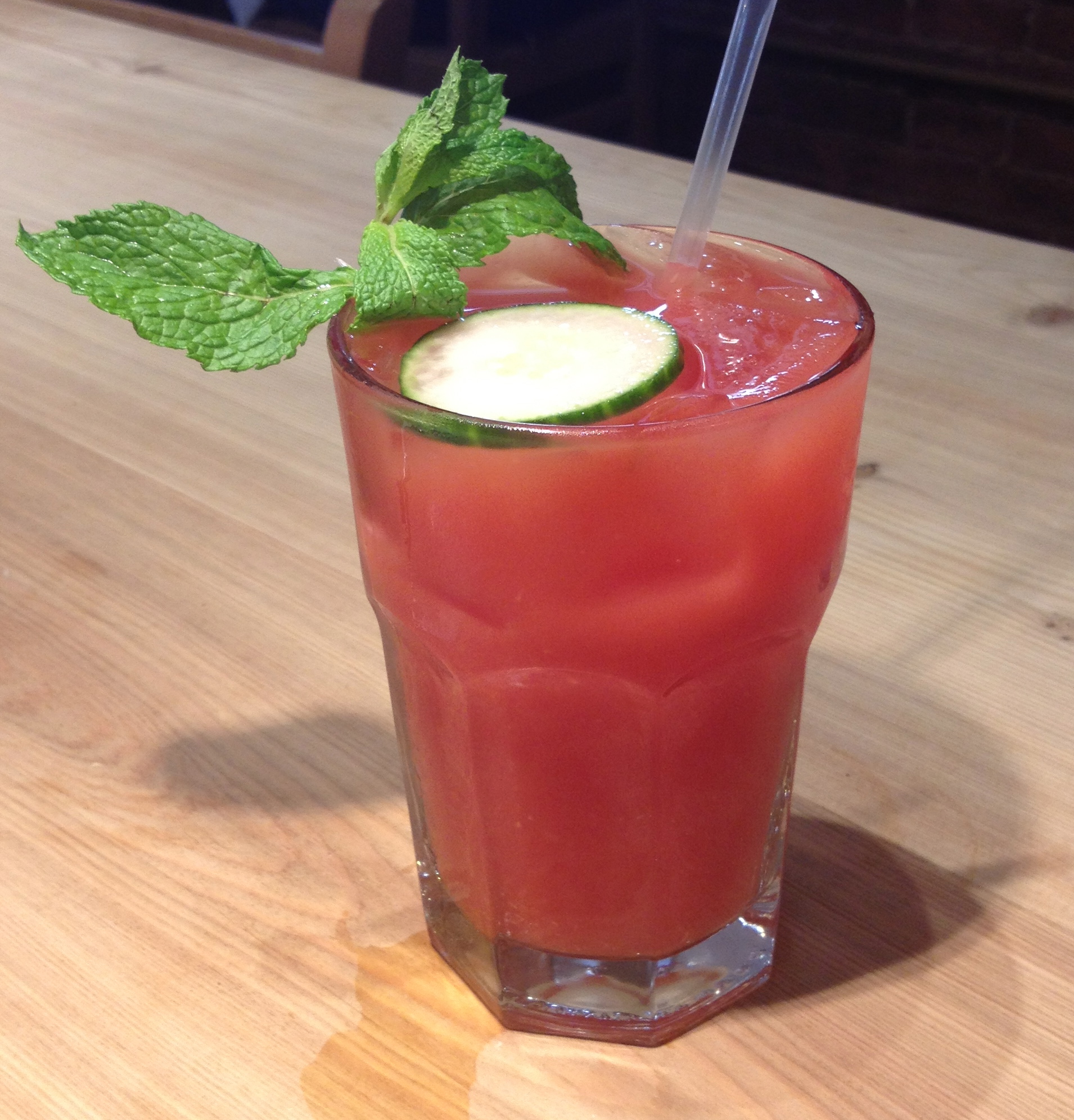




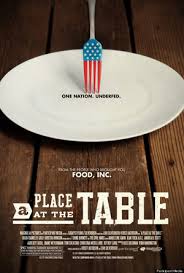


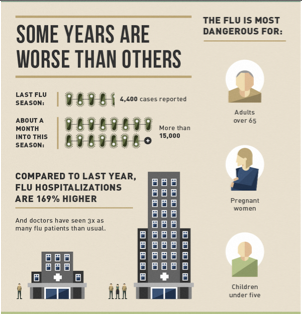

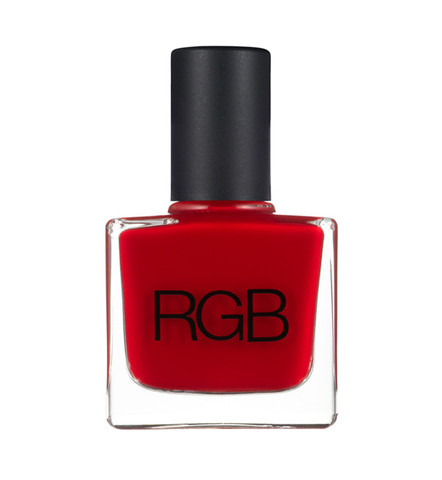
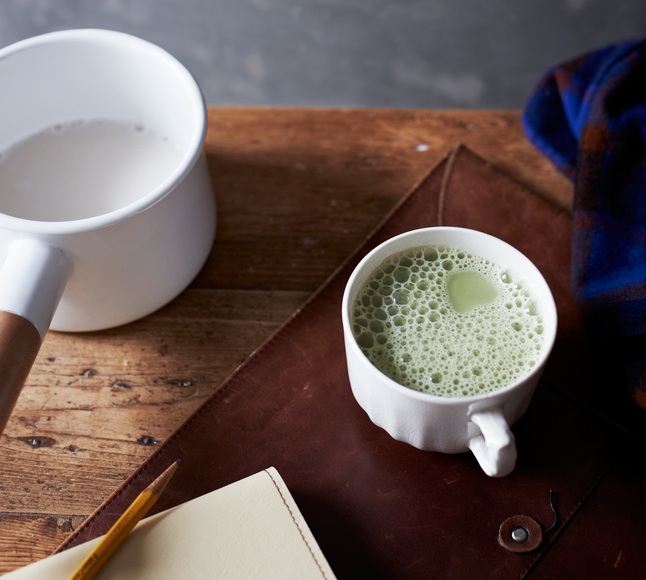


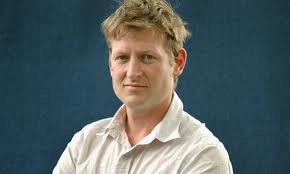


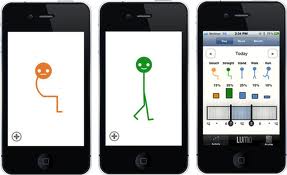
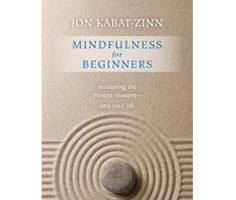
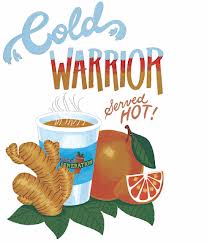
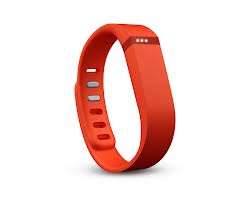

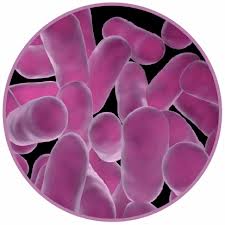
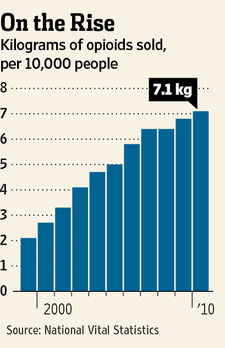
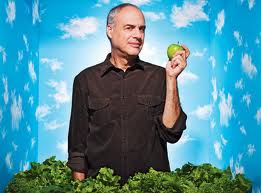

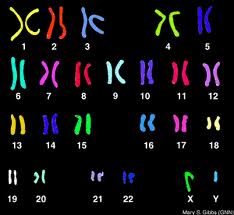
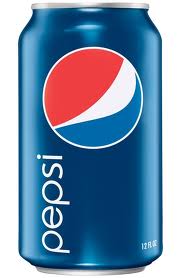
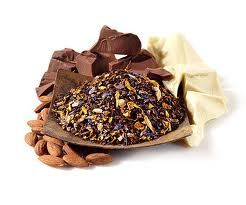
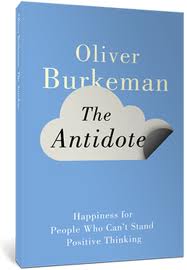
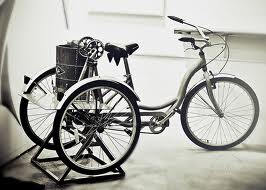



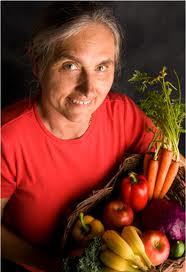
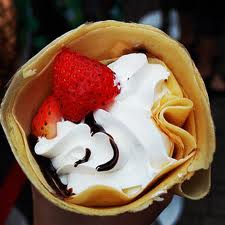

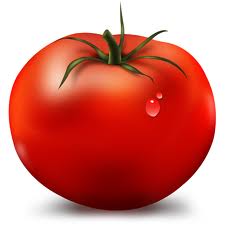
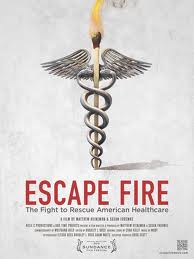



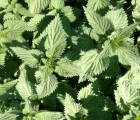
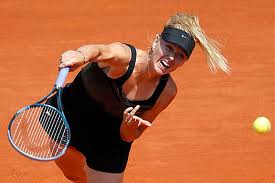
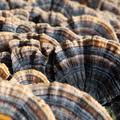

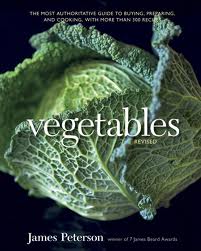


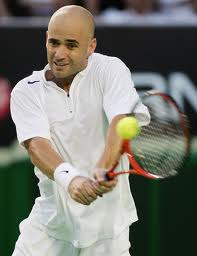
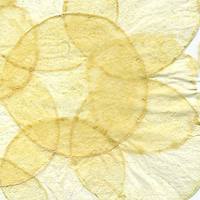
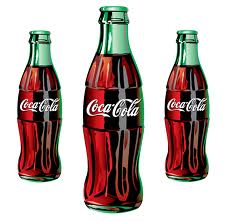

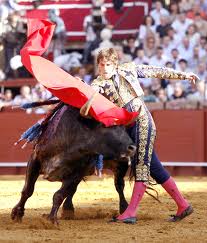

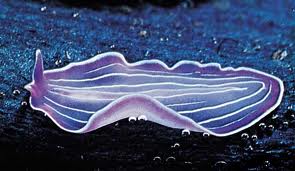

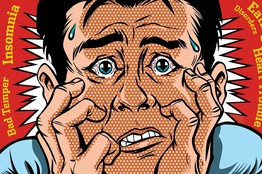
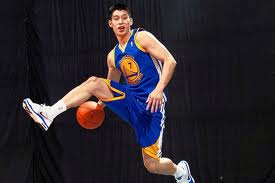

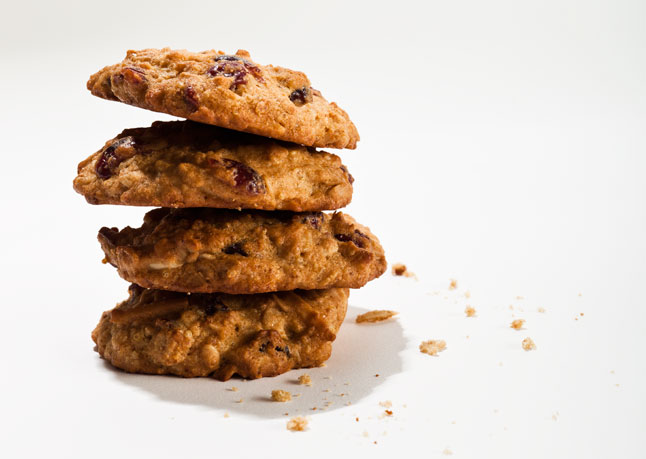
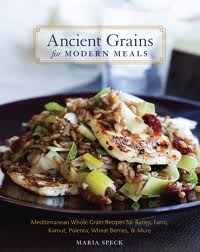
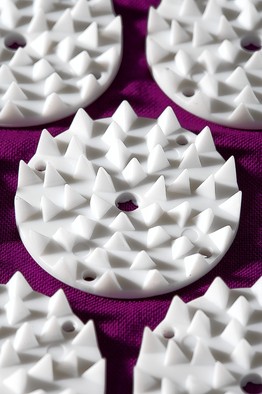


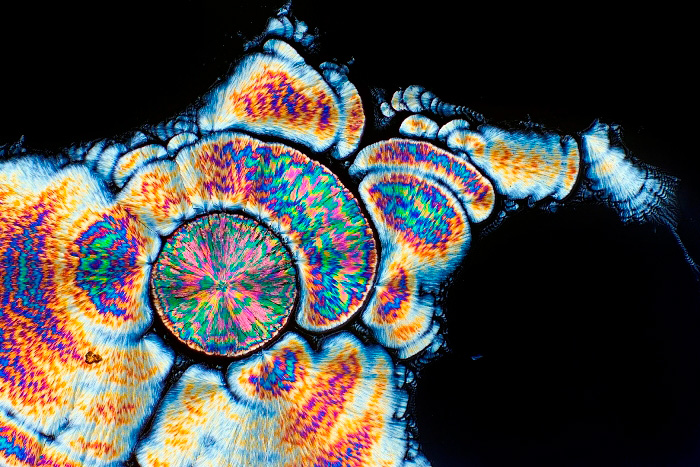

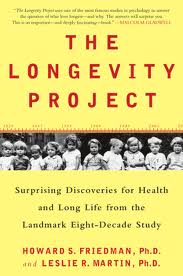

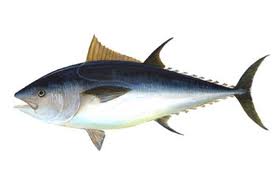
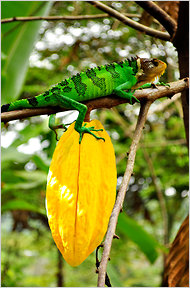
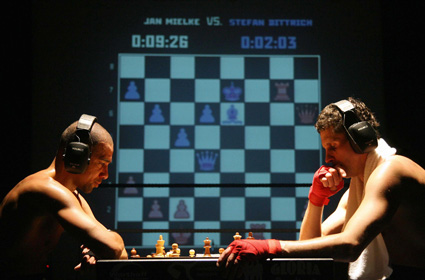
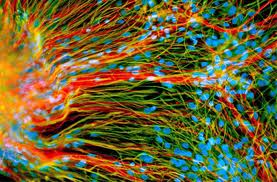
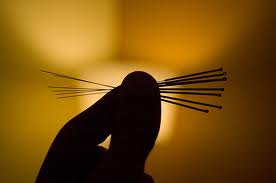
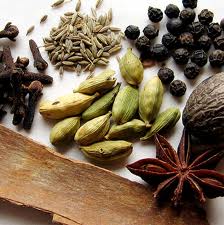
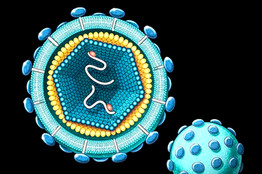

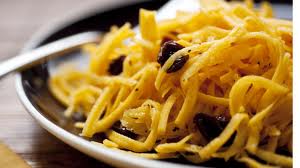
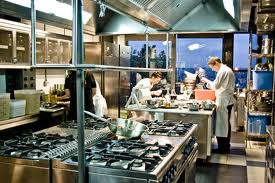
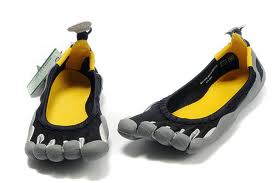

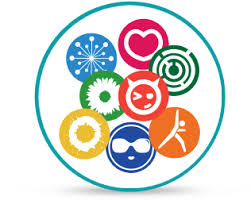


Reader Comments (1)
Is this related to the practice of logging what you eat? I find that when I record my meals--in a web app or journal--I tend to eat much less, if only because it is such a pain in the ass to write it down. Or is it because I am more "mindful" of what I eat?